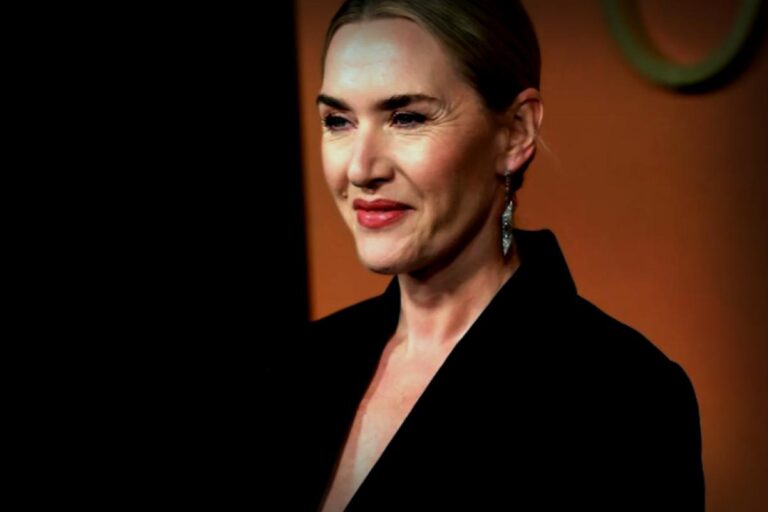Kristin Richardson’s journey with brain health took a daunting turn seven and a half years ago when she found out she carries the APOE4 gene, putting her at a higher Alzheimer’s risk. With her grandfather suffering from dementia, she couldn’t shake the fear. At 51, she recalls the moment she heard the news and felt overwhelmed. “I was terrified,” she admits. “It’s a nasty disease with no cure.”
Determined not to leave her fate to chance, Kristin, a Richmond, Virginia business owner, began implementing lifestyle changes. ‘I focus on getting good sleep, staying active, eating healthily, and constantly pushing my brain to learn new things,’ she shares warmly.
Just recently, during a meeting of the Alzheimer’s Association in Toronto, two significant studies were revealed, offering a flicker of hope for those like Kristin. These studies reinforce earlier findings that our food choices, some brain exercises, and keeping physically active can potentially delay memory decline and cognitive deterioration.
One study tracked the walking habits of 2,985 seniors of different ethnic backgrounds, examined under the lens of their APOE status over a decade. Participants answered questions about their walking levels yearly, while their cognitive health was assessed multiple times through standard tests.
The results? Folks with the APOE4 variant experienced sharper cognitive decline compared to those with safer gene types. Interestingly, walking showed minor benefits across the board, but the effects were more pronounced for APOE4 carriers.
The data revealed that women, in particular, saw improved thinking performance, with a 10% increase in walking correlating with a 4.7% bump in their complex thought skills over time. Males with the variant experienced even more significant gains with a reported 12% increase linked to increased walking—a twist that surprised researchers expecting a different outcome.
So what’s behind this brain boost from walking? According to Cindy Barha, a senior author and assistant professor at the University of Calgary, walking elevates levels of brain-derived neurotrophic factor (BDNF), which is somewhat like a fertilizer for your brain, promoting cell survival and enhancing memory and mood, especially around the hippocampus, our brain’s memory headquarters.
An important note: this study didn’t track the pace or frequency at which people walked, leaving some questions lingering.
Changing the Game on Dementia Risk
In a parallel research effort led by Finnish scientists, a mix of lifestyle changes was shown to be especially beneficial for APOE4 carriers compared to other groups. The study involved 2,469 participants from France, Japan, and Finland with some receiving multifaceted intervention programs, including:
- Cognitive training sessions, either via computer or traditional methods.
- Group exercises lasting 90 minutes, with professional physiotherapists guiding.
- Diet consultations.
The preliminary findings showed that those who carried the APOE4 gene benefitted substantially more from these lifestyle interventions, indicating that even when faced with genetic tendencies, we can modify our risk for dementia through smart lifestyle choices.
According to Jenni Lehtisalo, co-author and research fellow at the Finnish Institute for Health and Welfare, the message from their study is clear: even with a genetic burden, changing your lifestyle can make a difference. These modifications produced about four times more significant benefits for APOE4 carriers!
Looking to the future, there’s also hope that newer research will pinpoint if there’s an ideal timeframe for implementing these changes effectively.
Dr. Cynthia Boyd from Johns Hopkins Medication puts it succinctly: ‘These studies emphasize there’s real action we can take to lessen cognitive decline risks.’
“Integrating activities like walking and adjusting your lifestyle can act as a shield for your brain,” Boyd points out, combining healthier habits with your daily routine. Adam Brickman, a neuropsychology professor at Columbia, echoes these sentiments, reminding everyone—regardless of genetic makeup—to stay active, eat well, and keep an eye on what might heighten dementia risks.
“Beginning new healthy habits can be tough,” Brickman notes, but the knowledge of increased Alzheimer’s risk, like from the APOE4 allele, can push people to take lifestyle strides to counter that risk.”
Originally covered on NBCNews.com




















